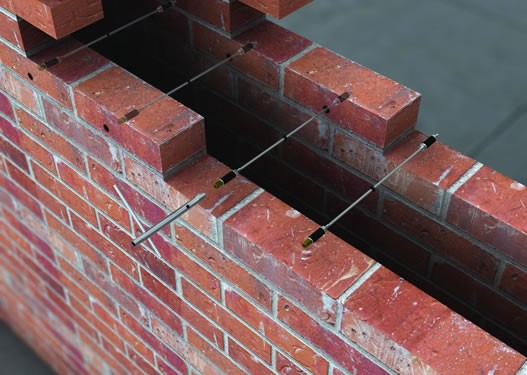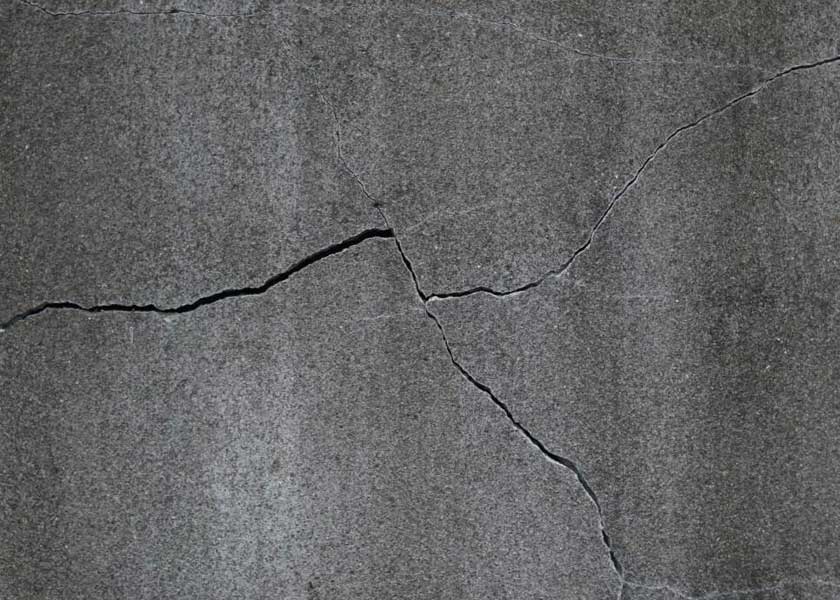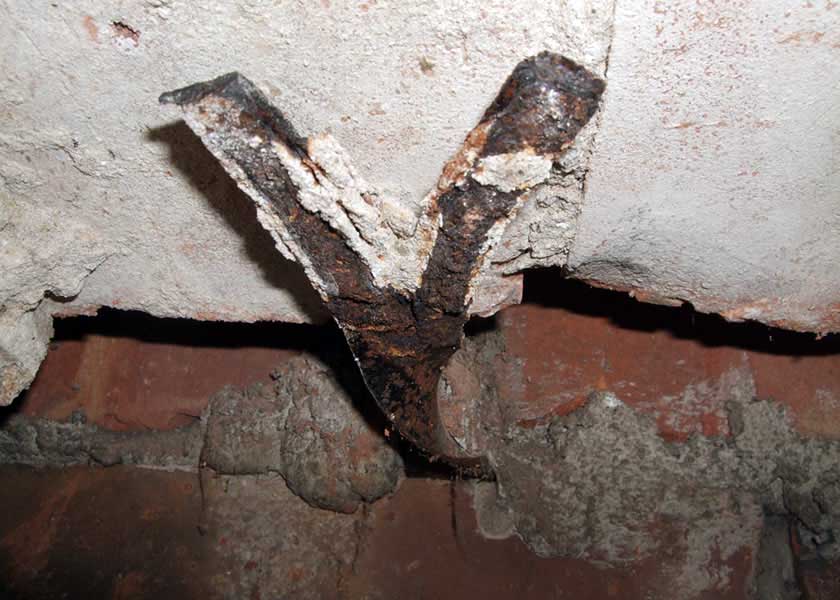Trusted Members
This video explains the benefits of using a Property Care Association (PCA) member for damp control, timber infestation, basement waterproofing, structural repair and condensation.
A cavity wall tie failure is when the cavity wall tie holding the two walls together fails in keeping the two walls connected. This can happen to varying degrees, and the damage it might inflict on your property can range from slight to major! If you have any concerns about the walls of your property, we recommend an immediate Wall Tie Survey.
Wall ties are small components used to tie together internal and external leaves of a cavity wall. They are integrated into the cavity of a wall throughout the construction process. Wall ties function by having the ends of each tie bedded into the mortar bed at regular intervals.

Wall Ties are designed to cover the majority of the cavity as a means to successfully adjoin the stable inner lead to the outer leaf and increase structural stability.
Wall ties are further used to prevent water from transferring from the outer leaf to the inner and accommodate any small movement the walls might have to sustain.
Wall ties are most likely to experience failure due to two main occurrences:

If the quality of a construction project isn’t up to the standard it should be for example, wall ties can quickly fail over time. Cavity wall ties can be found to fail due to them having been incorrectly spaced, fixed or cut too short.
In addition, wall ties fail when poor quality mortar was used during the construction of a build which means it fails to provide enough bond for the ties.

Most individuals will discover wall ties in their property’s walls, but these are typically composed of steel that wasn’t built to withstand the test of time. Before being installed inside a wall, this steel was frequently painted or simply coated with paint. It was typically rather mild in nature.
All of this indicates that the steel would be exposed to the environment, subject to corrosion, and vulnerable to outside forces. According to the Property Care Association, these kinds of cavity wall ties may corrode and break within twenty years of being installed.
Corrosion that is severe can result from water getting inside cavity wall ties and onto them. In this case, the steel won’t fracture or snap due to corrosion. Instead, because more surface area is occupied by rust than by pure metal, the steel will expand. The two walls that the cavity wall tie is keeping together will experience the steel’s expansion as a result.
This growth can be fairly pronounced and even extend beyond the wall tie’s original thickness in some cases. This is an issue since expansion of this magnitude might completely undermine your brickwork, allowing the bricks themselves to separate and become fragmented, which then causes cracks and a deterioration in the overall structural integrity of the building.
If the issue is ignored and the cavity wall tie completely corrodes, you will have a far greater problem on your hands.
The very first step to take when it comes to fixing a broken cavity wall tie is to arrange a proper cavity wall tie survey, that are usually charged at £115 inc Vat. Our non-intrusive / intrusive wall tie survey will highlight the extent of your problem, and what exactly should be done to remedy the issue before it gets any worse!